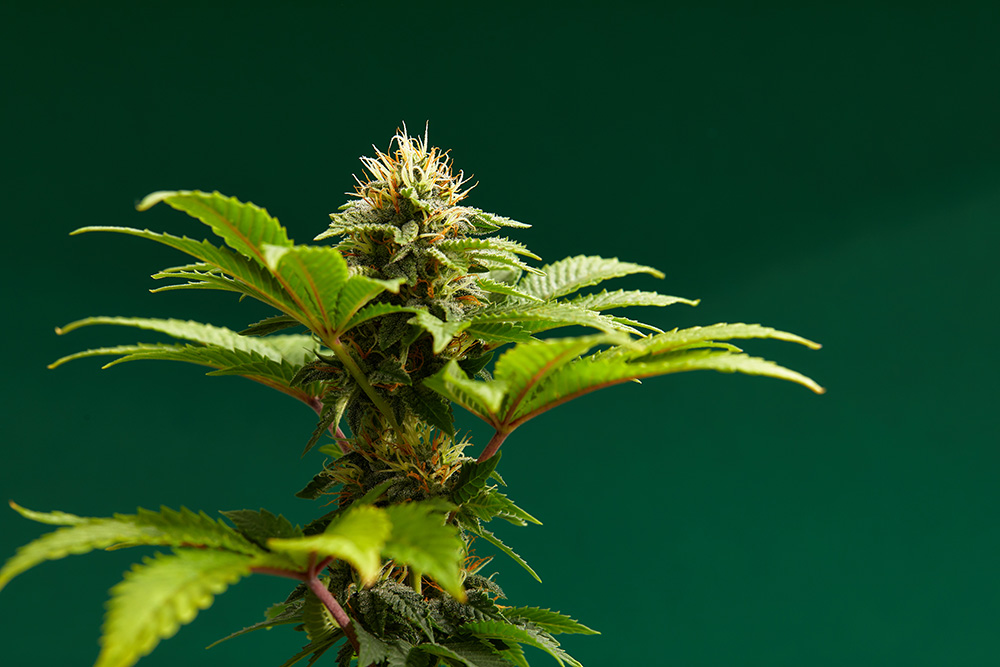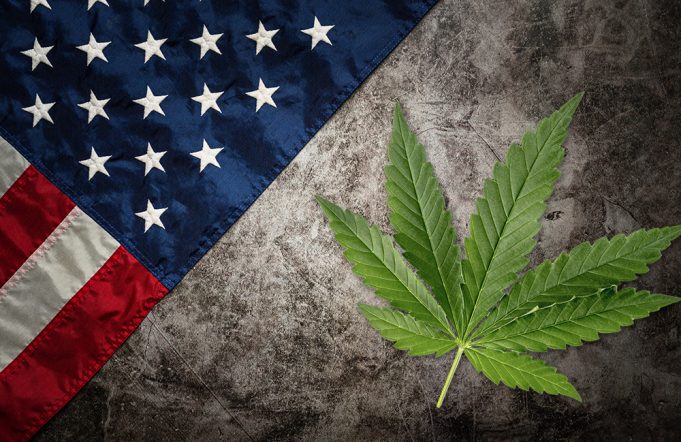Republican-held Texas is slow to legalize recreational marijuana and regulate it. This is long overdue, as most people in the state support eventual legalization.
Texas is by far the largest state in the U.S. to have yet to reform marijuana laws to encourage recreational use and regulations. At least 21 U.S. states have legalized the sale, consumption, and cultivation of cannabis for recreational use. It is also likely that the federal government will move in the coming years to finally reschedule recreational marijuana and decriminalize possession.
But why is Texas lagging? Is it the political class? Are there public health and safety concerns stopping the state legislature? It is a mixture of factors directly contributing to the ongoing prohibition.
Voters want legal cannabis
A recent survey conducted by the Hobby School of Public Affairs at the University of Houston found that Texans overwhelmingly support regulatory ease of restrictions for both recreational and medicinal cannabis. A noteworthy finding from the Hobby survey emphasizes that about 82 percent of the survey’s respondents, representing Texans of all backgrounds, support a “wide range of medical treatments.” Further, about two-thirds approve measures to legalize marijuana for recreational use by people 21 years and older. About 81 percent of respondents believe that possession of cannabis in small amounts should only be punishable by citation and or a fine — something similar to a traffic or parking ticket.
“Attitudes about the use of marijuana have been evolving over the past few decades, and we found especially strong support for expanding the use of medical marijuana,” notes Renée Cross, the senior executive director, and researcher at the Hobby School.
“But a majority of Texans across-the-board – across partisan, generational, and racial and ethnic lines – also said they support legalization for recreational use,” Cross added in a press release.
These findings coincide with another poll conducted in December 2022. Findings reported in the University of Texas/Texas Politics Project Poll for December 2022 found that four out of five Texas residents feel cannabis should be legal in some format. This does include medicinal and recreational uses, according to the survey.
A strong majority of voters, 72 percent, support decriminalizing marijuana by making such an offense punishable by citation.
“Texans’ views of marijuana legalization remain, on the whole, favorable toward some degree of legalization…,” reported the University of Texas/Texas Politics Project Poll narrative readout. “Since 2017, no more than 20% of Texans have expressed support for the total criminalization of marijuana possession.”
A disconnect between voters and elected officials

Nationally, the vast majority of voters across the United States support marijuana legalization. Vaping Post reported after the 2022 midterm election that 68 percent of U.S. voters favor legalization in their respective states and at the federal level.
However, that is beside the point. One of the common issues is that despite wide-ranging public support, some lawmakers and elected officials continue to hold the line against liberalization.
As we saw in South Dakota during the 2020 election, voters chose to adopt marijuana legalization, but South Dakota’s Supreme Court killed the ballot measure claiming that voters were misguided and didn’t know what it was they were voting for. This move in South Dakota was widely criticized by members of both major political parties and election observers who claim the Supreme Court ultimately acted to derail the will of the people.
In Texas, there is a similar disconnect. Greg Abbott, the current Republican governor of the state, has been inconsistent with his stance on marijuana reform. For instance, during Abbott’s bid to win reelection against Democratic challenger Beto O’Rourke, the controversial Republican chose to rebuff the calls from President Joe Biden. During the midterm election, President Biden made headlines as he announced his plan to pardon thousands of low-level marijuana possession offenders across the United States.
Republican politics, Texas style
According to a statement from a spokesperson for Abbott at the time of Biden’s call for cooperation among the governors, Texas “is not in the habit of taking criminal justice advice from… someone who has overseen a criminal justice system run amuck with cashless bail and a revolving door for violent criminals.”
Abbott, in all context, pulled a political move to counter the Biden White House under the belief that the country is going backward with Biden’s leadership. If you know anything about my work and viewpoints, I believe that Biden is a step up from the xenophobic nationalism of soon-to-be-convicted political criminal Republican Donald Trump. But, I will step off my high horse. There is a trend at the local level in Texas to beat the state government, leading to legalization and regulation. For instance, city officials in San Antonio, Tex., announced that they certified a depenalization ballot initiative for the May 6th, 2023, general municipal election.
It’s up to local governments at this point

Political operators collected over 37,000 signatures from voters in San Antonio to qualify the measure for the local ballot. According to the ballot measure, approval would prevent San Antonio’s local law enforcement agencies from making any low-level marijuana arrests. The ballot measure also directly “stipulates that [all of San Antonio’s] police cannot ‘consider the odor of marijuana or hemp to constitute probable cause for any search or seizure.'”
Other localities have opted for measures for decriminalization ahead of further criminal justice reforms taken at the state level.
One noteworthy bill currently proposed in the state legislature in Texas could be a potential pathway to cannabis legalization.
State Rep. Jessica González, a Democrat from the city of Dallas, recently proposed the House Bill (HB) 1937. HB 1937, if passed, would allow Texas counties and municipalities to make their own decisions regarding the status of recreational marijuana use and its regulation for Texans aged 21 years and older. Rep. González introduced a similar bill during the 2021 state legislative session but was never given a date for debate in committee, leading to the bill being tabled indefinitely for the remainder of the session.
“We have been left behind on a potential revenue source that would increase investments in public education, stop unnecessary arrests for cannabis possession, and create jobs in our state,” Rep. González said in a recent press statement about HB 1937.
Texas being Texas
Practically speaking, there is little expectation that this bill would pass. This is unfortunate. Why? As we pointed out already, the executive leaders of Texas, Gov. Abbott especially, are on the record as being inconsistent on marijuana reform. Abbott and Lt. Gov. Dan Patrick, both Republicans, have vehemently opposed efforts to adopt recreational marijuana legalization in the second most populated state (over 30 million people) in the country.
It isn’t like Texas hasn’t seen any reform efforts. Medicinal marijuana is permitted in specific cases under the Texas compassionate use law granting the ability for Texans with certain medical conditions the right to use cannabis as a medication.
The cultivation of industrial hemp has been legalized in Texas, leading to a budding market for CBD oils, including vapes that contain non-THC cannabis derivatives like CBD-based liquids.
Current marijuana criminal justice offenses in Texas range from a misdemeanor and jail time to a felony offense and years in prison for more serious violations of the marijuana prohibition statutes.








